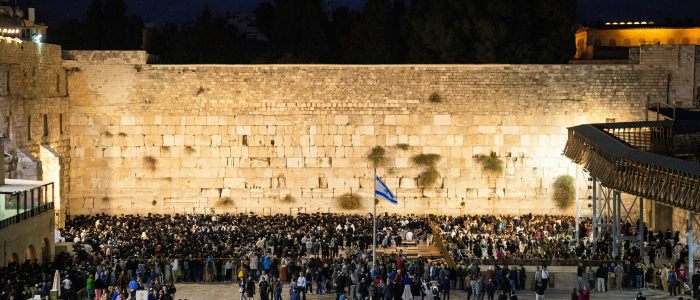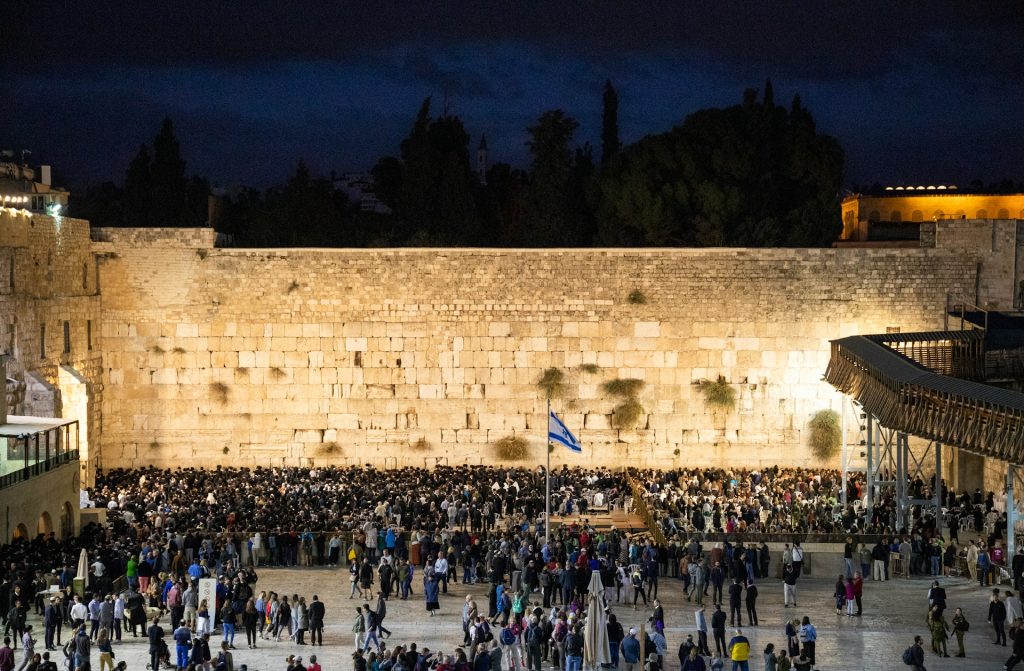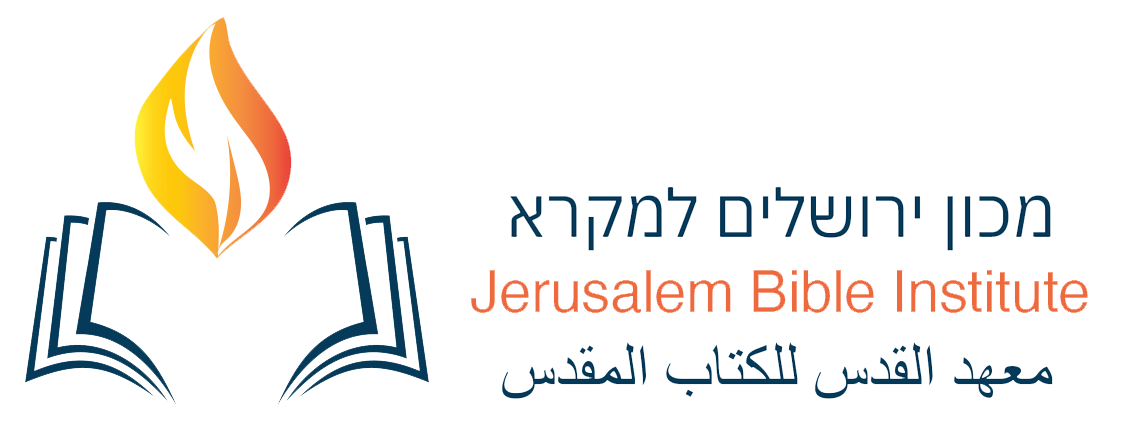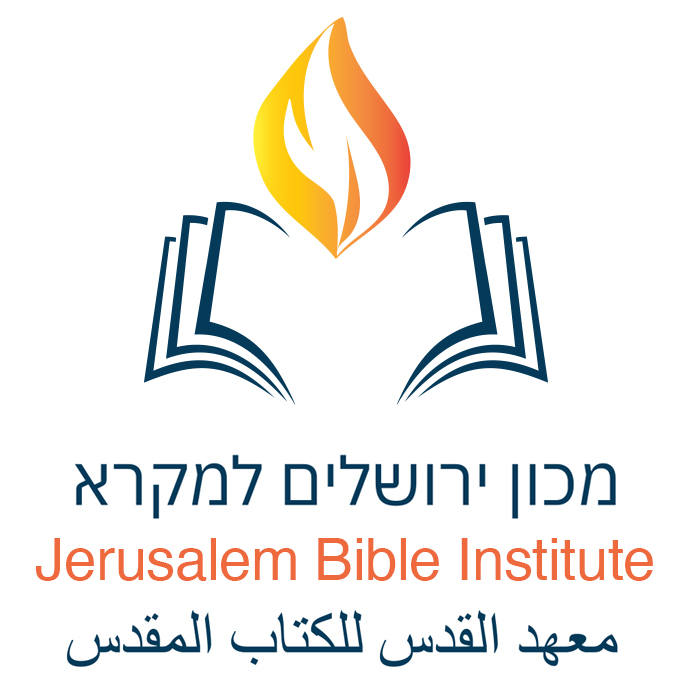
It was a common conviction in the 19th century. Many embraced the understanding of the Bible whereby the Jewish people would return to the Land of Israel, or at last a significant number of the Jewish people. This restoration of the Land was termed restorationism by many. This understanding included many streams in the Protestant world. It included Lutheran Pietists in Germany and Scandinavia, Methodists and Baptists in the United Kingdom, and similar groups in the United States. The greatest manifestation of this theology was the establishment of an Anglican Bishop in Jerusalem. Bishop Solomon Alexander was sent to prepare the way for the return to the Land and to see faith in Yeshua established (January 1842).
However other Christian leaders saw that there would be parallels in restoration in the Body of the Messiah. This was understood primarily in terms of world revival and seeing progress toward unity in the Body of the Messiah. This was connected to the task of completing the work of World evangelism and making Israel jealous or seeing a harvest in Israel before Israel turned to Yeshua and saw life from the dead. This was understood as seeing on a worldwide plain, the situation of unity and revival that was characteristic in the first century. This is not to deny the progress of understanding over the centuries. The most noted teacher of the teaching on parallel restoration was the late Derek Prince, who was personally known to some of us on our core team. Derek Prince gave his last years in prayer for the salvation of Israel and promoting the parallel restoration themes. Our school is privileged to carry on this teaching. To learn more about our core value of restoration, check out our website.
Recent Posts

Sukkot Joy
Leviticus 23 summarizes Israel’s Holy Days: “‘So beginning with the fifteenth day of the seventh month, after you have gathered the crops of the land,

The Mentorship Approach at JBI
Mentorship is more than just a component of Bible college education at the Jerusalem Bible Institute (JBI)—it’s the heartbeat of our approach. It shapes the

Shavuot: A Time of Harvest and Outpouring of the Holy Spirit
Shavuot or Pentecost as it is known in the Christian World is an important holiday. There is little information on interpreting the Feast in the
Support JBI
Partner with us through giving and prayer



